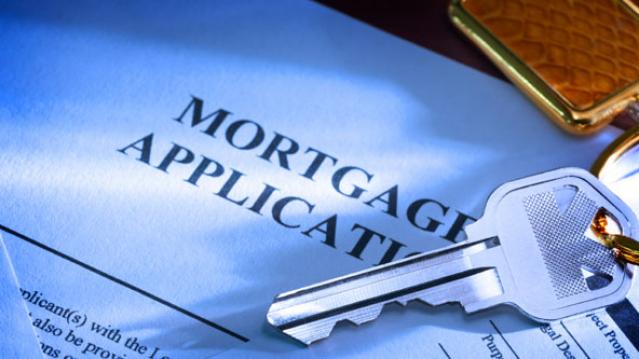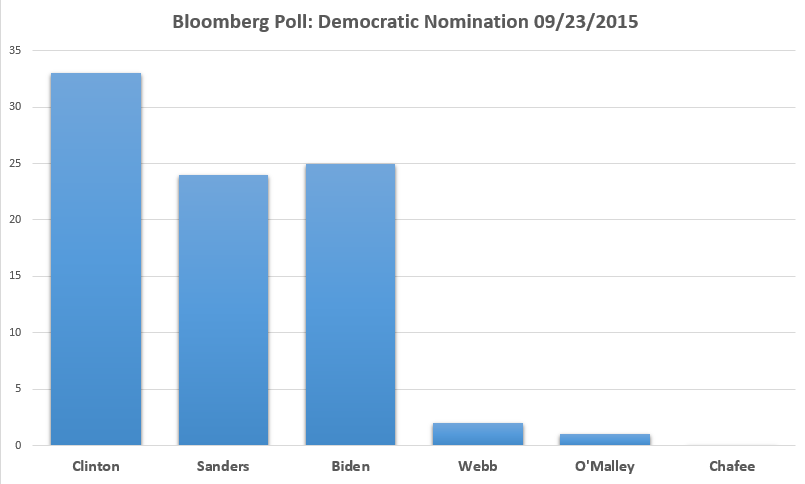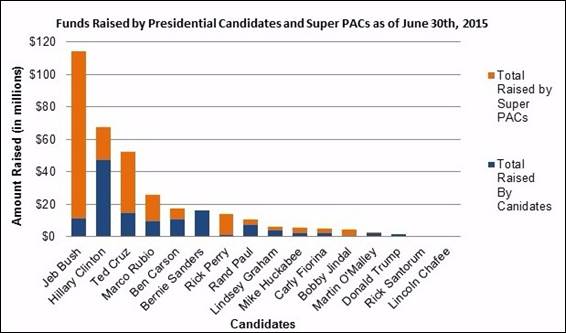Looking to Buy a Home? Do This First

Buying a home is stressful enough without getting blindsided with a higher-than-expected rate on your mortgage — or outright rejection — due to a low credit score or errors on your credit report.
Even so, only half of recent home buyers said they checked their credit report early on in the homebuying process, according to a report released by Experian.
That can make for some nerve-wracked meetings with lenders. About a third of those surveyed said that their credit score surprised them, and a fifth of buyers said their score was lower than expected. Fourteen percent of homebuyers found something negative on their credit report that they didn’t know about.
Related: Why Your Credit Score Is the Most Important Number in Your Life
A low credit score can have costly consequences. A borrower with a FICO score of 760, for example, would pay $1,360 per month on a $300,000 loan, while a borrower with a score of 759 would pay $1,397 per month on the same loan. That difference will add up to more than $10,000 over the life of a 30-year mortgage.
Forty-five percent of future homebuyers surveyed by Experian said that they had delayed purchasing a home in order to work on their credit and qualify for better rates.
If your score is lower than expected, first check the report for errors and contact the credit bureaus about correcting them. If you’ve been dinged for a single missed payment, call your credit card company to see if it will remove the incident from your reports. Then focus on making on-time payments and paying down any high balances to get your debt-to-income ratio below 25 percent.
Will Trump's Tax Cuts Really Happen? Economists Are Surprisingly Optimistic
Despite all the thorny questions swirling around President Trump's nascent tax reform plan, 29 of 38 economists surveyed by Bloomberg in a monthly poll said they expect Congress to cut taxes by November of next year.
The hitch: The economists don’t expect the cuts will help the economy much. The median projection of a larger group of 71 economists is for 2018 growth of 2.3 percent, up only slightly from 2.1 percent this year — and by 2019, the economists see growth slipping back to 2 percent.




